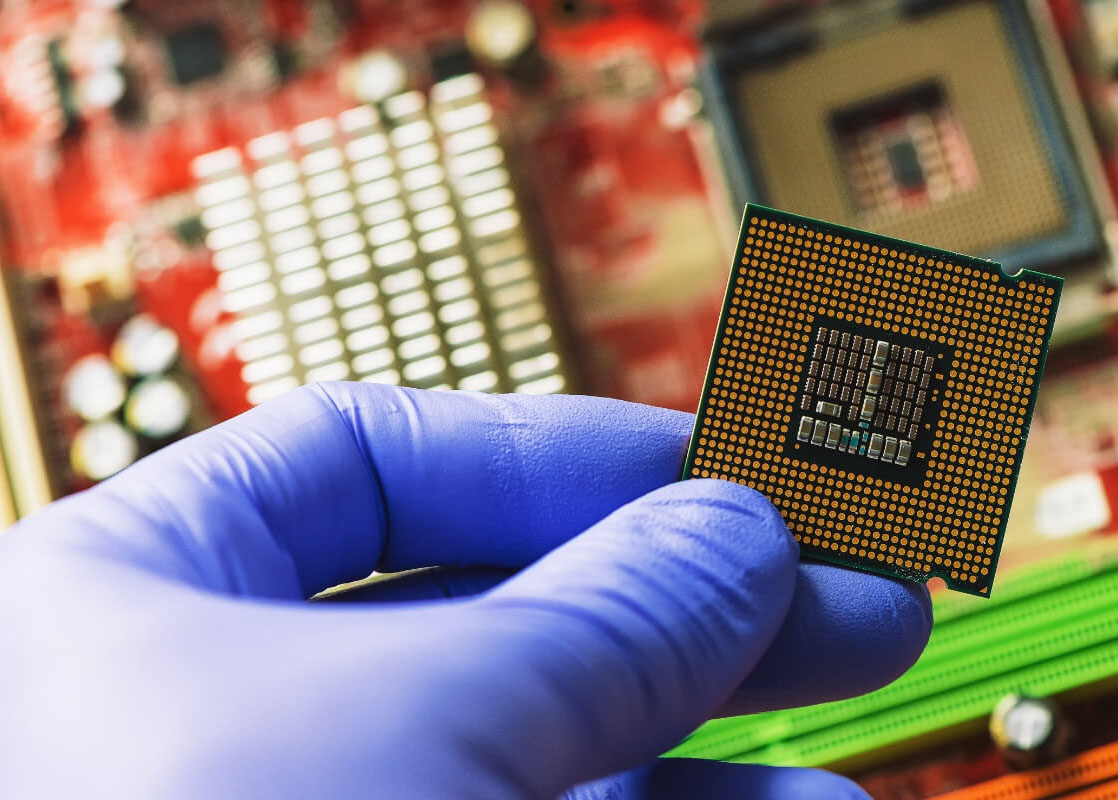
Essentially, the job of a computer forensics investigator is to solve cybercrimes. Whether they’re working for the government or a private corporation, computer forensics analysts have to be skillful and talented enough to retrieve evidence and recover data from various digital devices and use them to unmask cybercriminals. Computers are a modern tool for committing crimes, but the field of forensics is one step ahead of digital criminals due to the elaborate and precise work of computer forensics analysts.
A computer forensics specialist can examine everything from a personal computer to a complex server of a mammoth corporation. They have been known for finding evidence of digital crimes even on devices like MP3 players, PDAs, digital cameras, and video game consoles. If the device is electronic and stores data, it’s a platform to work on for the computer forensics specialist.
It’s important to mention that a computer forensic analyst’s job doesn’t involve only tracking and finding the evidence. They also need to extract it carefully, preserve it and present it so it can be admissible in a court of law. A big part of their job is to recover deleted files and passwords and to check for breaches of security. Once they’ve discovered the evidence, they also need to know how to collect it properly, as well as how to contain it to secure its admissibility in court and explain it for lawyers, judges, and juries.
As an information security officer, a computer forensics analyst can also be hired to test the security of a private corporation’s information systems. Their field of expertise can be extended to networking and encryption too. This way, computer forensics analysts can determine how computers were broken into, how to recover the files, and how to set a system to protect the corporation’s computers from hacking.
What crimes can be solved with the help of a computer forensics investigator?
Most crimes solved by computer forensics investigators are internet-related crimes. However, their skills are often used to solve cases of hacking, espionage, and fraud too. Using their knowledge to recover data, such as documents, photos, and e-mails from hard drives, cell phones, tablets, flash drives, and other storage devices, computer forensics analysts are an important asset for the law enforcement.
Moreover, they have the necessary education and training to retrieve even data that has been damaged or deleted. Their investigative methods contribute to solving cases by locating specific electronic data, including Internet use history and hidden or lost information, and presenting the evidence to detectives and law enforcement officers to be evaluated.
The FBI uses computer forensics as a standard tool to investigate crimes, many times the data collected by the computer forensics investigators being used to prove premeditation in cases. However, their area of expertise doesn’t limit their job only to catching criminals that have committed internet crimes or crimes that involved the use of a computer system.
Computer forensics investigators can also contribute to catching murderers or even reopening and solving cold case files. Yes, computer forensics analysts know how to retrieve data from “ancient” storage devices such as floppy disks, fax machines, and old hard drives that can be used to solve years-old crimes.
What does it take to become a computer forensics investigator?
The basis of this job is extensive knowledge of computer science, as well as a passion for investigation. Computer forensics analysts are tech-savvy individuals who have the talent and patience to analyze and investigate pieces of the cyber puzzles that will help them solve crimes. They combine their computer science background with forensic skills to recover data, find its place into the big picture and explain it for proper examination.
Computer forensics investigators usually have a bachelor’s or graduate degree in computer science and a background in criminal justice. Computer forensics investigators know both how to retrieve information from equipment damaged either externally or internally, corrupted by viruses or hacking, and how to collaborate with law enforcement, follow the methodologies and procedures, and testify in court.
Patience and the willingness to work long hours are the foundation of a career in computer forensics, as are strong analytical and investigative skills. There are states where the computer forensics investigators need to be licensed private investigators to be able to work in this field. Moreover, more and more computer forensics investigators are seeking professional certification for a chance to advance their careers, such as the Certified Ethical Hacker program or the certifications provided by the International Society of Forensic Computer Examiners (ISFCE) and the International Association of Computer Investigative Specialists (IACIS).
Computer forensics investigators can be hired full time by private companies or government organizations, they may work based on contracts, or they can start their own company for a chance to work with a variety of clients. They can be specialized in different fields related to databases, networks, firewalls, or mobile devices or have extensive knowledge in more than just one field. Computer forensics investigators often work closely with private investigators and lawyers.
